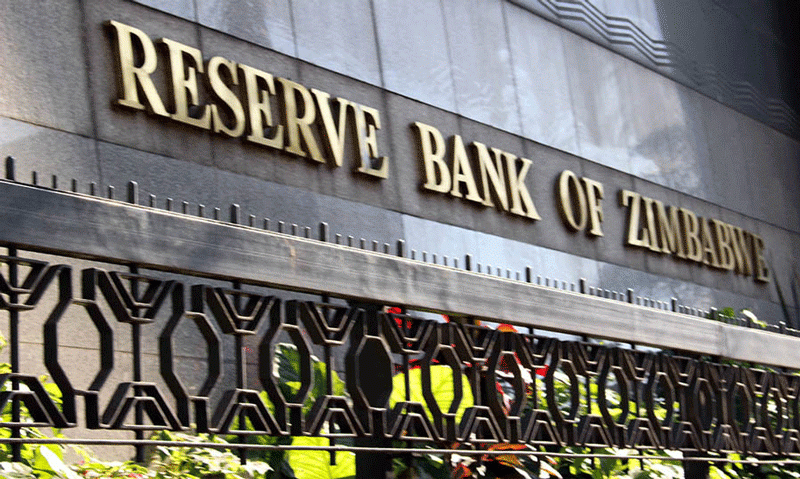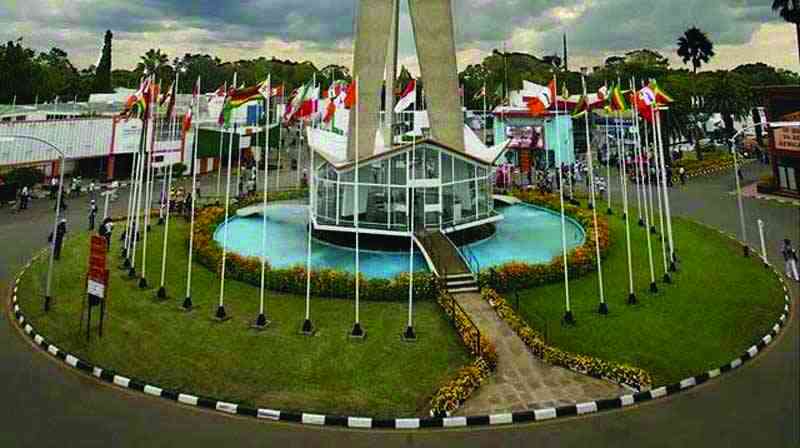
The landmark US$3,5 billion agreement between government and white farmers, whose land was expropriated to resettle black families, has been rendered illegal after Zimbabwe failed to get parliamentary approval, according to a confidential Commercial Farmers Union (CFU) legal opinion obtained by the Zimbabwe Independent.
At the turn of the millennium, the late former president Robert Mugabe’s government carried out oftentimes violent evictions of 4 500 white farmers and redistributed the land to around 300 000 landless black families to “redress colonial land imbalances” in one of his most divisive policies.
After haggling over compensation, in July 2020, President Emmerson Mnangagwa’s government and representatives of white farmers eventually agreed that US$3,5 billion would be paid out for improvements made on farms, under a deal known as the Global Compensation Deed.
Farmers were supposed to receive 50% of the compensation after a year and the balance within five years.
However, after the Zimbabwe government failed to make good on payments, the CFU began to have doubts about the legality of the deal and sought legal opinion.
Legal practitioner, Daniel Tivadar, said in a paper sent to the CFU and law firm Honey & Blanckenberg on October 18, 2023, that he was convinced, like he was in October 2020, that the deal was “invalid”.
“In my view, the deed is not compliant with the constitution as the government assumed an obligation to pay US$3,5 billion without the requisite authorisation being sought from, and granted by parliament,” Tivadar said in the paper titled Global Compensation Deed in Respect of Land Compulsorily Acquired and Farmer Compensation Agreement.
“I further identified a number of concerns about the terms and workings of the deed relating to issues such as: the CFU’s and Southern African Commercial Farmers Alliance Zimbabwe (SACFA)’s ability to bind ex-commercial farmers, the payment terms, the tax treatment of payments, the lack of relevant authorisations for payment abroad, etc.”
- Teachers, other civil servants face off
- ‘Killer’ soldier granted bail
- Veld fire management strategies for 2022
- Magistrate in court for abuse of power
Keep Reading
There, however, is no indication that the white farmers would seek to reverse the deal, but critics say the opinion should raise alarm in government.
Tivadar added: “I am instructed that my 2020 opinion was circulated amongst the various stakeholders, including the CFU, SACFA, the Compensation Steering Committee (CSC) and government, with the request that if anyone disagreed with the conclusions, they should make their views known. So far, no one has disagreed with the conclusions I reached. I confirm that I stand by the views that I expressed in my 2020 opinion. Accordingly, in my view, the starting point remains that the deed is an invalid and unenforceable instrument.
“If this is so, then no subsequent amendment or addendum of the deed is going to salvage it. If Zimbabwe wishes to implement the compensation contemplated in the deed, it can do so by legislating. The farmers’ interest would be best served by primary legislation (i.e. the passing of an Act of Parliament) dealing with compensation, as opposed to seeking to achieve a US$3,5 billion pay out by relying on the deed or some similar commercial instrument.
“In the meeting with the CSC it was explained to me that the government is also aware of the need to legislate. However, they only wish to take this step once funding for the liability has been secured. If this is so, then there appears to be complete consensus that (i) legislation is required for compensation to be paid; and (ii) such legislation has not yet taken place. Ordinarily, I would have expected matters of this nature to be dealt with either in advance of signing the deed or, alternatively, by way of the inclusion of appropriate conditions precedent.”
However, the government said yesterday the deal was “above board”.
“As far as we are concerned, at the implementation level, we are guided to say we are above board,” Obert Jiri, permanent secretary in the Ministry of Agriculture, said, before referring the Independent to the Ministry of Finance.
George Guvamatanga, permanent secretary at the Ministry of Finance, did not respond to the Independent’s questions.
Tivadar also commented on the status of the deed after the government failed to honour the payment terms set out in the deal.
“Turning to Zimbabwe’s failure to pay the contractually promised amounts — and assuming that the deed is a valid instrument, contrary to my 2020 opinion — the fact that Zimbabwe missed certain payment obligations (namely, the first payment as per the ‘payment commencement date’) does not have the consequence that the deed has lapsed,” he said.
“The deed contemplated that should Zimbabwe fail to make payment in accordance with the deed, the CFU, SACFA and/or Valcon (Valuation Consortium (Private) Limited) could deliver a default notice. No such default notice has been served. Similarly, under common law, the fact that a party is in a fundamental — also referred to as “repudiatory” — breach of an agreement provides the innocent party with a right to elect to terminate the agreement or to continue with it.
“Such an election to terminate has to be exercised unequivocally and within a reasonable time after the breach. I have seen no evidence that any of the parties ever elected to terminate the deed. Accordingly, on the assumption that the deed is valid (which is contrary to my view), I am of the view that the deed has not lapsed due to non-payment,” he added.










